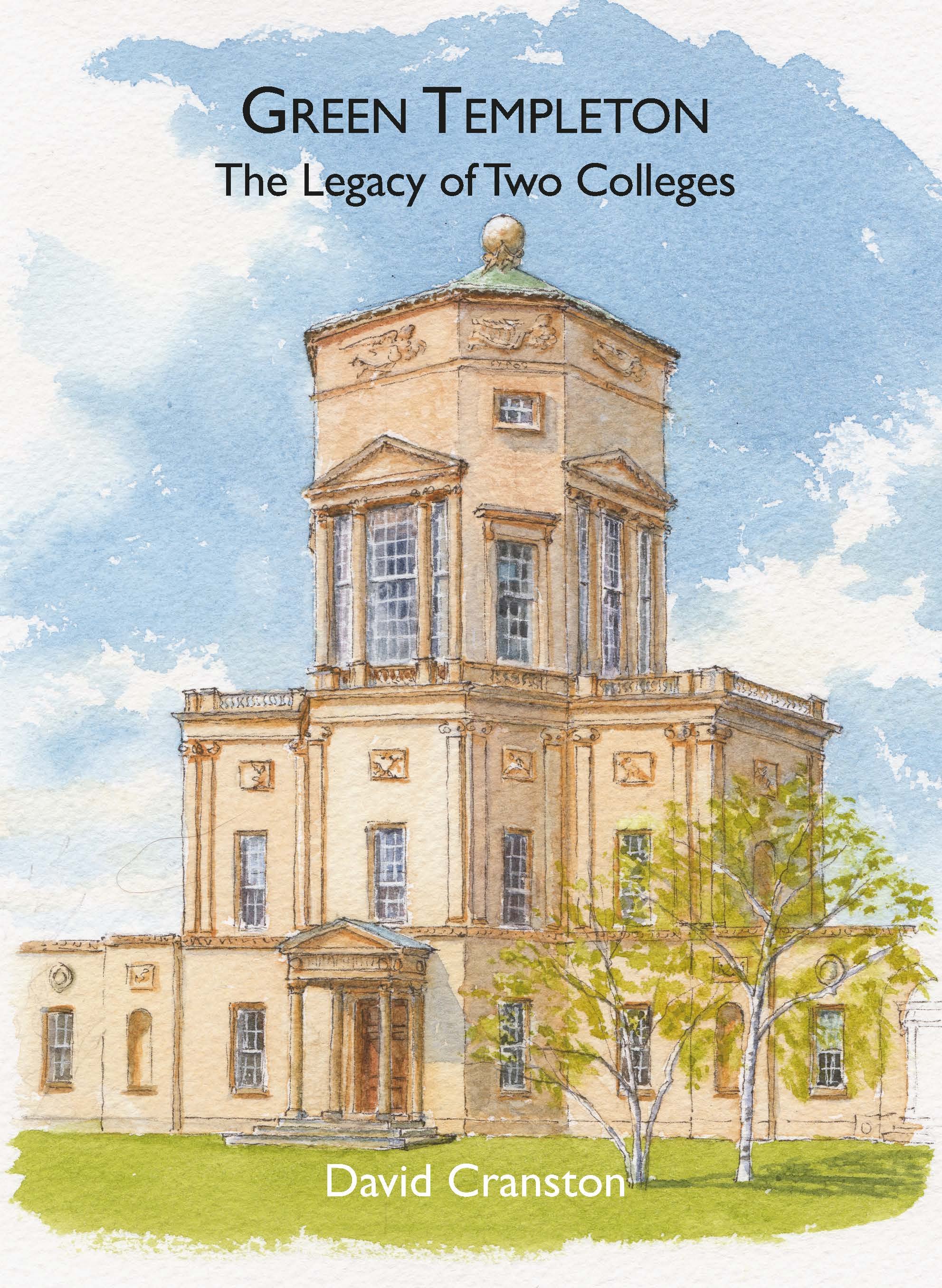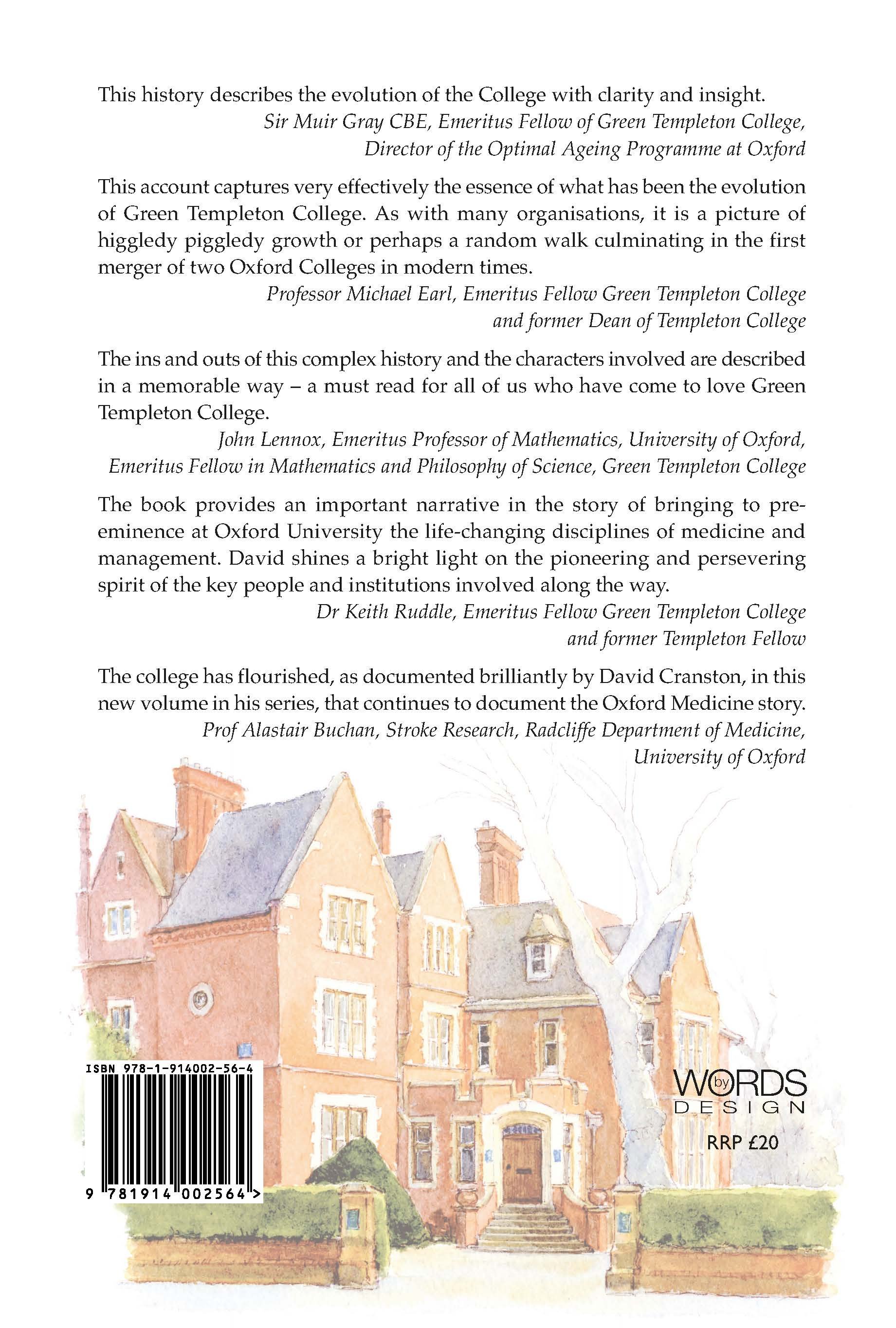William Osler and his Legacy to Medicine
William Osler and his Legacy to Medicine
David Cranston
978-1-909075-48-1 / 132pp / hb
“William Osler was one of the founding fathers of the Johns Hopkins Hospital. David Cranston’s biography will help to keep his name alive, and in these days of increasing technological advance remind all those involved in health care that humanity must remain central, and that, in Osler’s own words ‘the patient who has the disease is more important than the disease that has the patient’.”
Robert Montgomery, Formerly
Director of the Comprehensive Transplant Center, The Johns Hopkins Hospital
Review
This beautifully illustrated biography charts the progress of William Osler’s medical career which began in Canada in 1868 and culminated in his appointment as Regius Professor of Medicine at Oxford in 1904. Reference is made throughout to his significant contributions to the practice of medicine and medical education.
The book comprises fifteen chapters with two appendices and thirty two illustrations. One of the interesting aspects of the biographical material presented are the quotes made by Osler which are printed in blue text at the bottom of most pages. They are often logical and practical statements for the reader to consider and reflect on.
Attention is drawn to Osler’s role in the founding of the Johns Hopkins Hospital in Baltimore, his interest in pathology, his teaching skills and his dedication to the writing of his medical textbook which became a catalyst for medical research. Osler introduced an approach to the teaching of medical students which has stood the test of time. In teaching at the bedside, he emphasized the importance of listening to and observing the patient as part of the examination process. Furthermore, the view that learning continues after graduation was a message which Osler also impressed upon his students.
One learns about Osler’s sense of humour and, at times, his use of a pseudonym which perhaps reveals a mischievous aspect of his character. However, he was both an academic and a conscientious clinician, and his commitment to the care of patients was of paramount importance to him. His life was touched by the tragic loss of his son in the First World War. Nevertheless, he did not allow his grief to detract from his professional work.
Cranston’s book is a concise account of the life and work of a clinician who inspired medical teaching and scientific research in medicine. It is a very readable and engaging book and will be of interest to those who would like to know about the legacy of Sir William Osler.
Martyn Thomas, British Society for the History of Medicine








